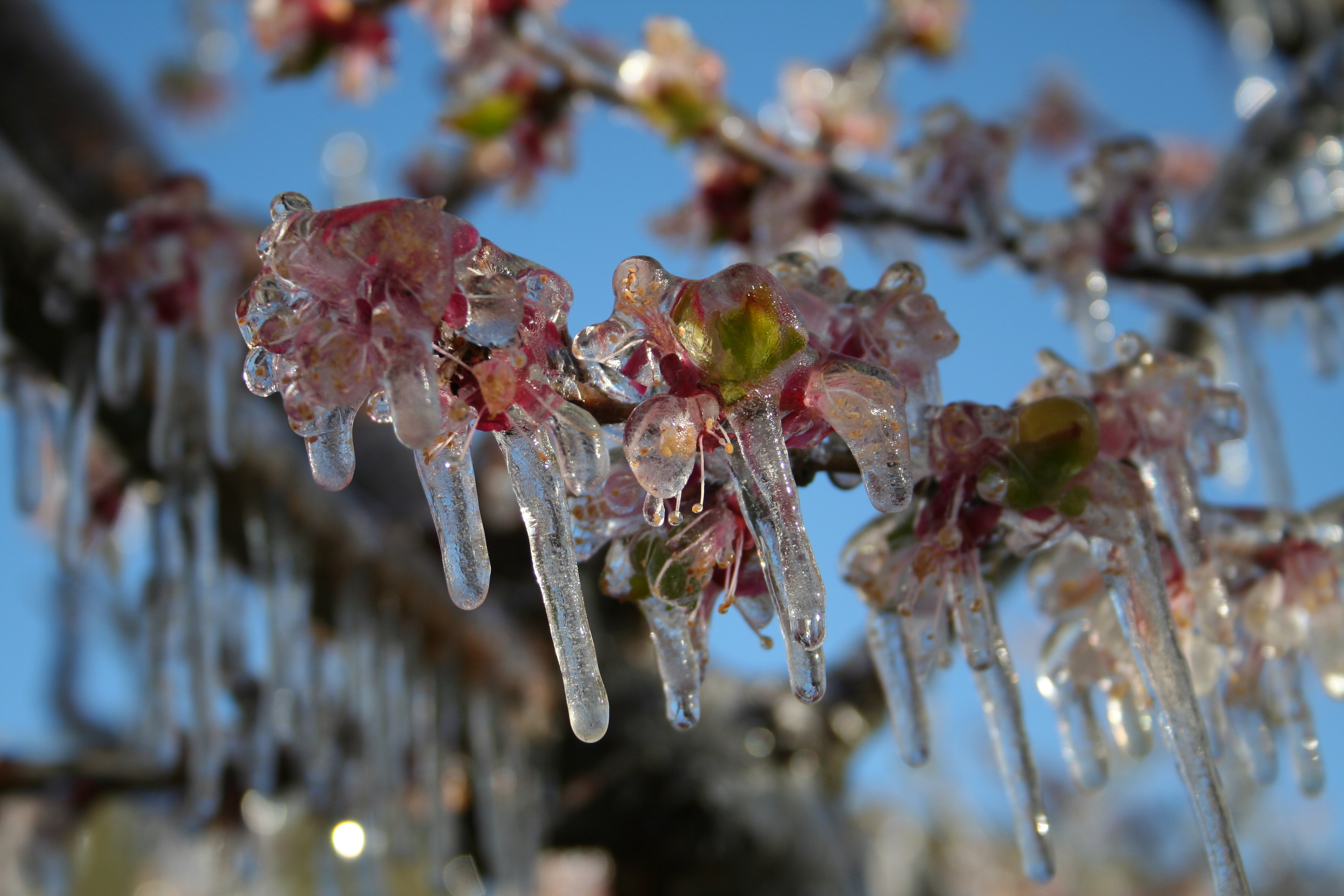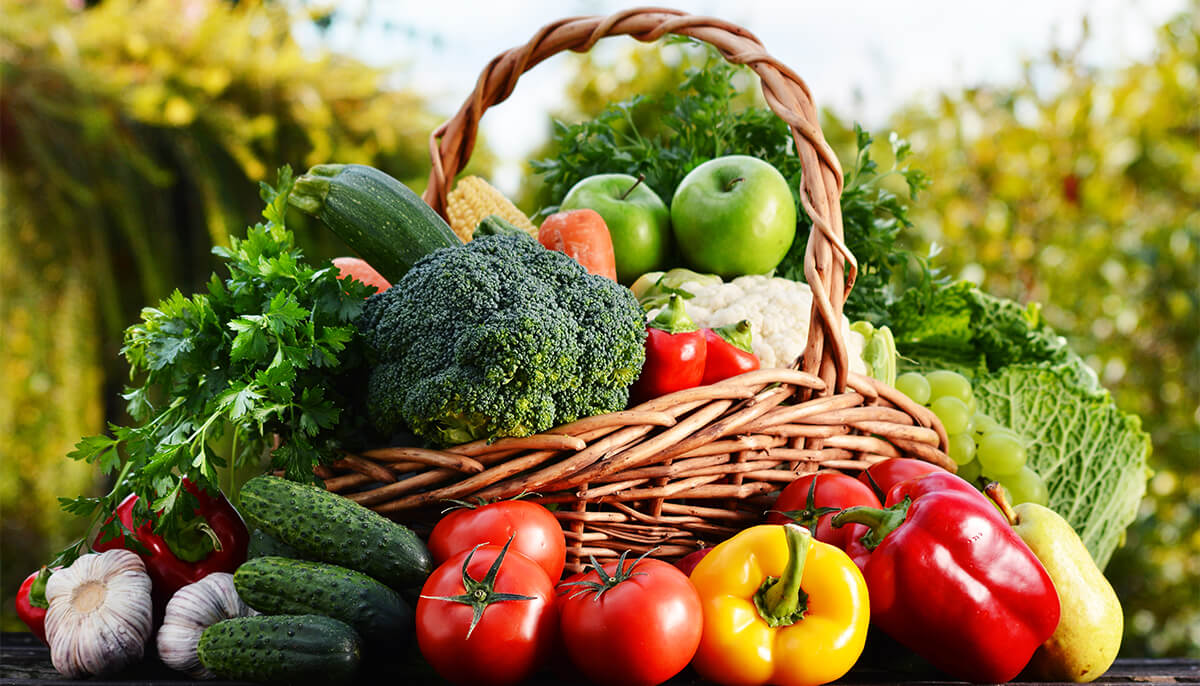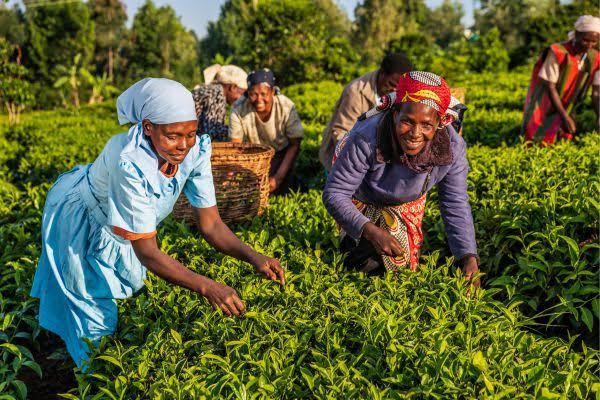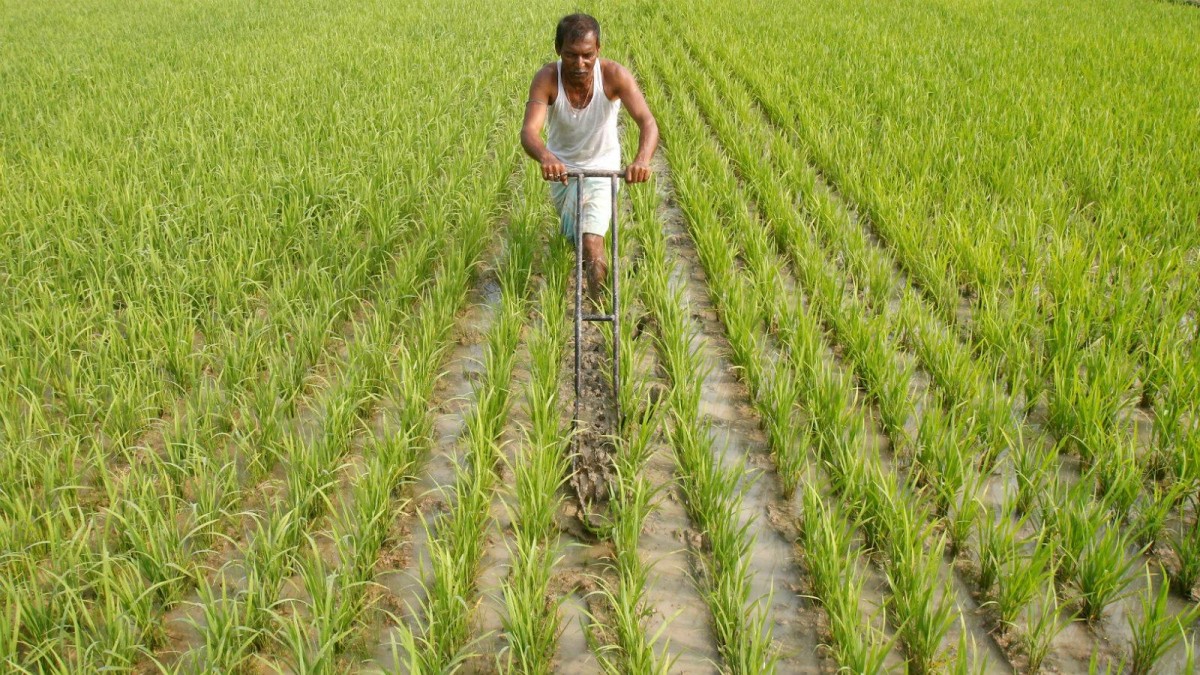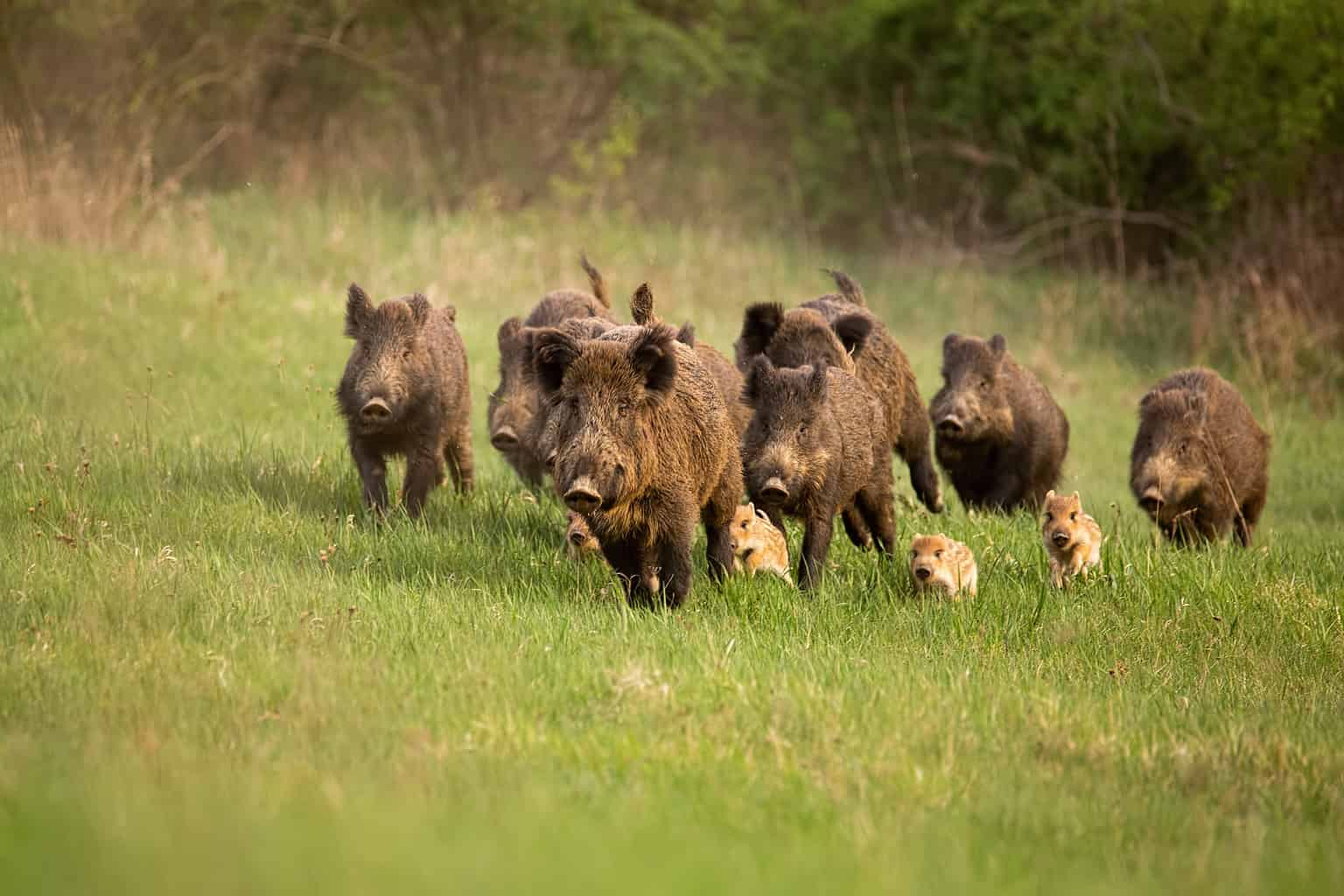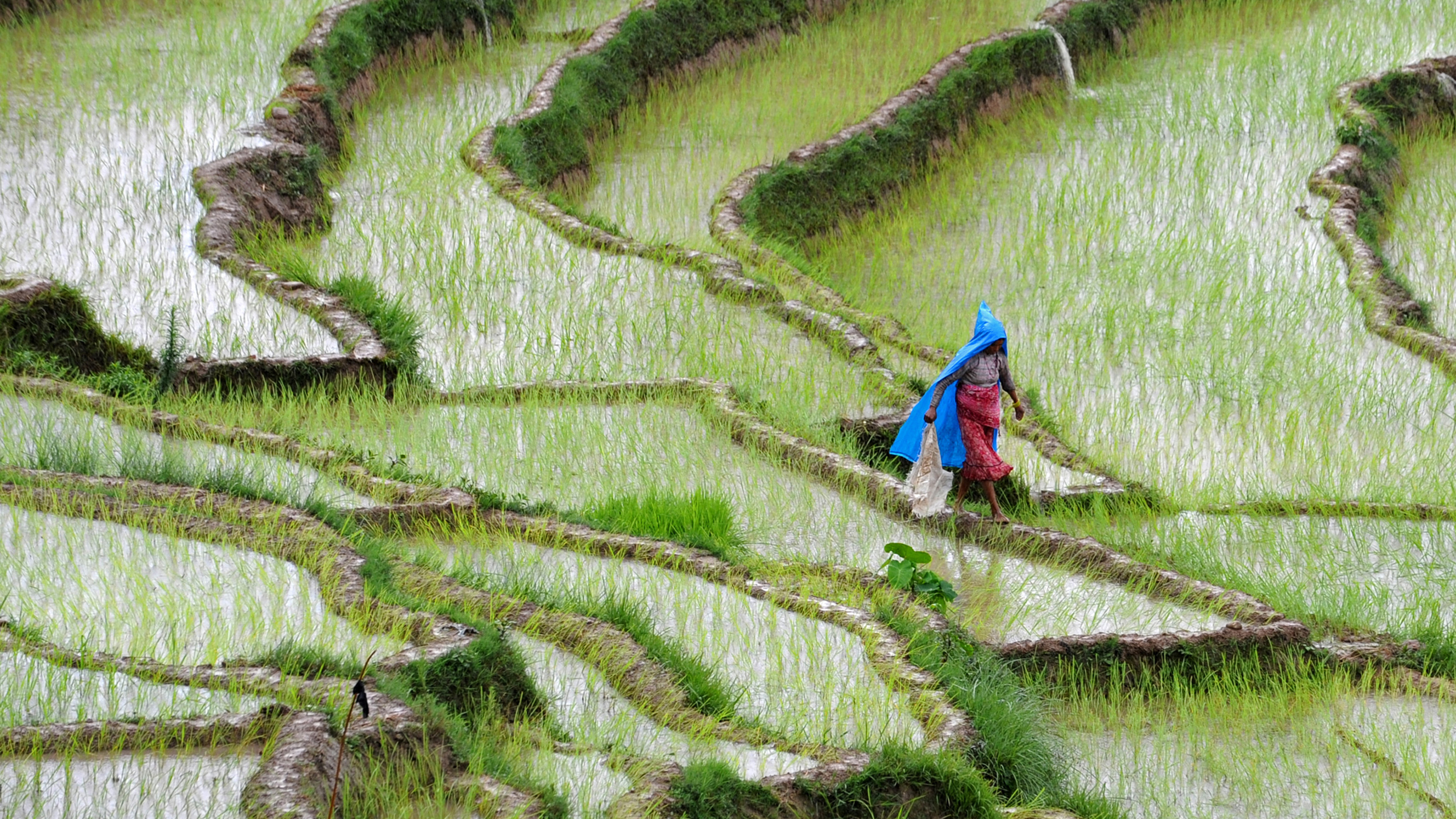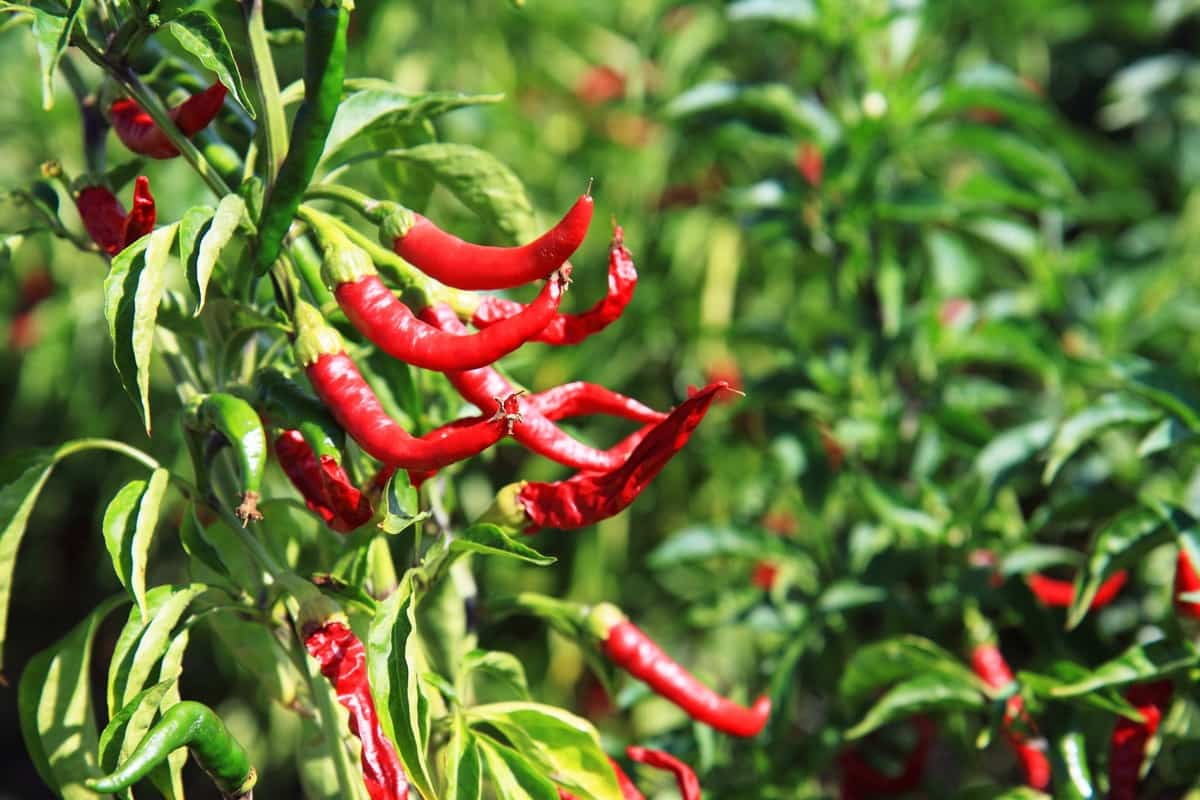An early spring this year means more work for farmers as early blooms face freezing temperatures.
Les Dozier's Sta-N-Step Farms has served Northwest Arkansas since 1989. His farm is one of many facing freezing temperatures that could ruin crops.
"The plants are very sensitive when they're in the bloom stage," Dozier said. "The freeze is the one thing we can't control. I mean when it comes to irrigation, foils, fertilizing, spraying, pruning, I can control all that, but I cannot control nature."
For many farmers with fruiting plants, 28 degrees Fahrenheit is the line. The sensitive blooms could be damaged at temperatures any lower.
Dozier said there are a few ways to protect crops in freezing temperatures. One older method farmers used was to set smudge pots out in fields. Smudge pots are burning oil that would warm the crops.
Dozier stated that farmers could also irrigate their crops with a mist that would ice the blooms. He explains that the ice helps insulate, but must continuously be sprayed until temperatures rise above 32 degrees. Dozier says though, he lets nature do its thing on his farm.
"It's mainly in God's hands. So we just pray a lot," Dozier said.
Dennis McGarrah of McGarrah Farms at Rivercrest Orchard used a helicopter to warm his fields. FlyARH said that they've had pilots fly the helicopters over their fields for many years to warm crops.
"It's super important that, as farmers, we do all we can to save our crop. Sometimes there's just nothing we can do. But I talked to several of my buddies that had used helicopters before, one in Kansas, one in Oklahoma, and had good success with it," McGarrah said.
McGarrah coordinated with the pilot to circulate warm air from above to his cold orchard below.
"In effect, he pretty much kept the temperature three to four degrees warmer than what it would have been without him flying over," McGarrah said.
McGarrah explained that the warm air came from the inversion layer in the atmosphere, which wouldn't have been possible in colder temperatures. While it may sound like a bit much to use a helicopter, it's crucial when one or two degrees make a difference.
"If it's like 27, you get like 10% more damage. And if it's 26 you get, you know, 30-40% damage, so every degree colder, you're going to get more of a loss," Dozier said.
"At 27 degrees, I'm going to have a very, very minimal loss. Once it drops below 27, I'm going to start experiencing more and more crop loss. At 25, it's going to be somewhere around 90% crop loss." McGarrah explained. "We've kept it pretty much above 28 all night long and the thermometers that I have outside of the treated area, we got down to 24.2, about an hour ago."
Dozier explains that the blueberry plant is fairly unique in that it blooms before its leaves grow. Other plants like blackberries and strawberries have their leaves grow first. He adds that the blackberry plant can receive freeze damage to its cane, which won't show until the blooms show its pistil. Dozier explains that a dead pistil means no fruit.
Dozier said that it'll take two days to see the freeze damage, if any, on his blueberry plants.
Source - https://www.5newsonline.com


